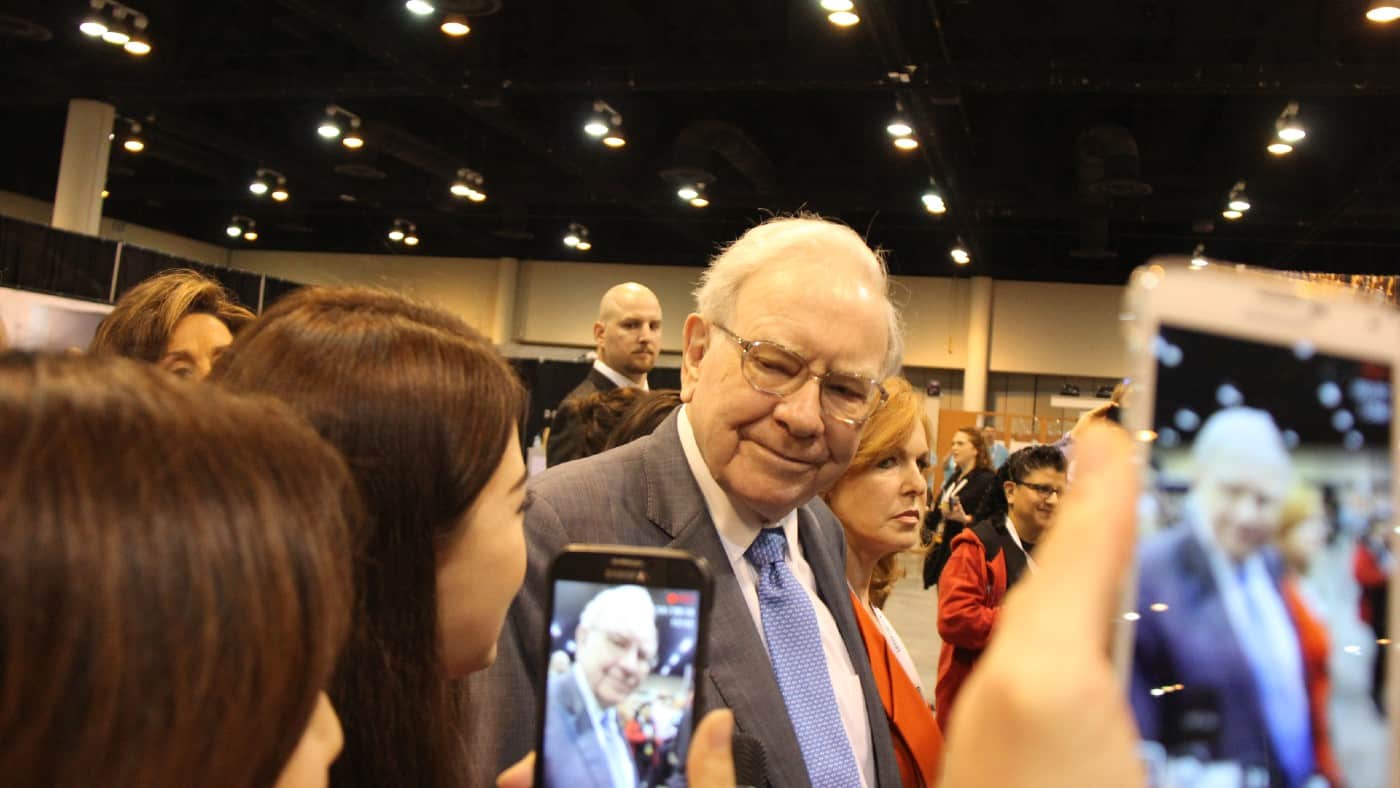No savings? No problem. At least, if I followed the tried and tested advice of billionaire investor Warren Buffett, I could aim to turn an empty savings account into a passive income-paying nest egg.
By following the Oracle of Ohama’s ‘golden rule’, I could target passive income of £24,657 a year – even if I was starting with no savings at the age of 35 and putting away just £200 a month. Here’s how.
Like much of Buffett’s advice, his golden rule is easy to say but hard to follow. This simple strategy doesn’t do anything exciting, but it boasts an enviable wealth-building track record.
“No.” Newbie investors might protest. “I’m playing the stock market now! My life must revolve around big swings and risky gambles!”
Long run
Those who opt for this ‘day trading’ route may fantasise about earning fast money from their laptops – perhaps inspired by questionably motivated TikTok investing coaches – but these dreams are unrealistic.
Even the very best traders can’t pull it off consistently. Jim Simon’s quant fund Renaissance – famous for ‘solving the markets’ with his team of PhD mathematicians – still delivered just 60% returns per year.
Like most investing styles that work, Warren Buffett’s approach is quite dull. Buy good companies and look for value. It’s boring in the short run, but lucrative in the long run.
One way he looks for value is through his golden rule. In his own words: “Never lose money”. Sound obvious? I suspect that’s the idea, although there is a little nuance to it. Here’s how it works.
Buying opportunities
Buffett studies a company to reveal the intrinsic value of each share. When the share price goes below the intrinsic value? Huzzah! A buying opportunity!
But Buffett doesn’t buy straight away. He waits for a ‘margin of safety’ – kind of like a buffer between the intrinsic value and the share price. By only buying when the margin of safety is big enough, he should, in theory at least, never lose money.
By applying the golden rule to my own investments, I hardly expect to be soon driving my new Porsche to tell the family about my impending retirement. Rather, I’d hope for just a small edge over average investing returns.
If that edge was up to 12% per year (some distance below Buffett’s historical return) then it would grow wealth surprisingly fast given enough time. And if I started at 35 then I might have a 30-year period to let those returns grow.
End result
In this case, my £200 a month would multiply to a nest egg of £616,195. That sounds good on its own, but I’d be thrilled at the yearly passive income I’d receive of £24,647 if I withdrew at 4% per year.
This process would mean a lot of sitting on my hands as my stocks grow and pay dividends. Is that an exciting life? Perhaps not, but with a smart application of advice like Buffett’s golden rule, I think I’d be pretty happy with the end result.








